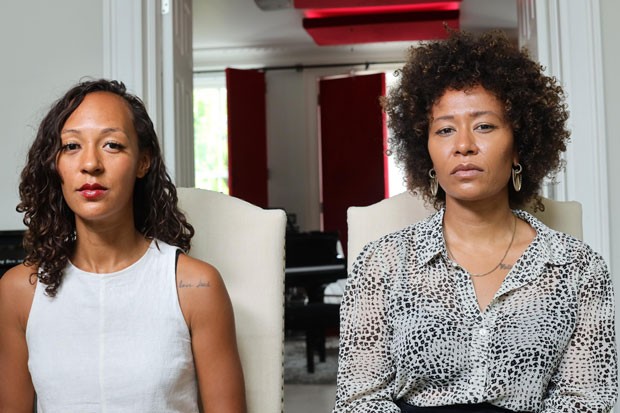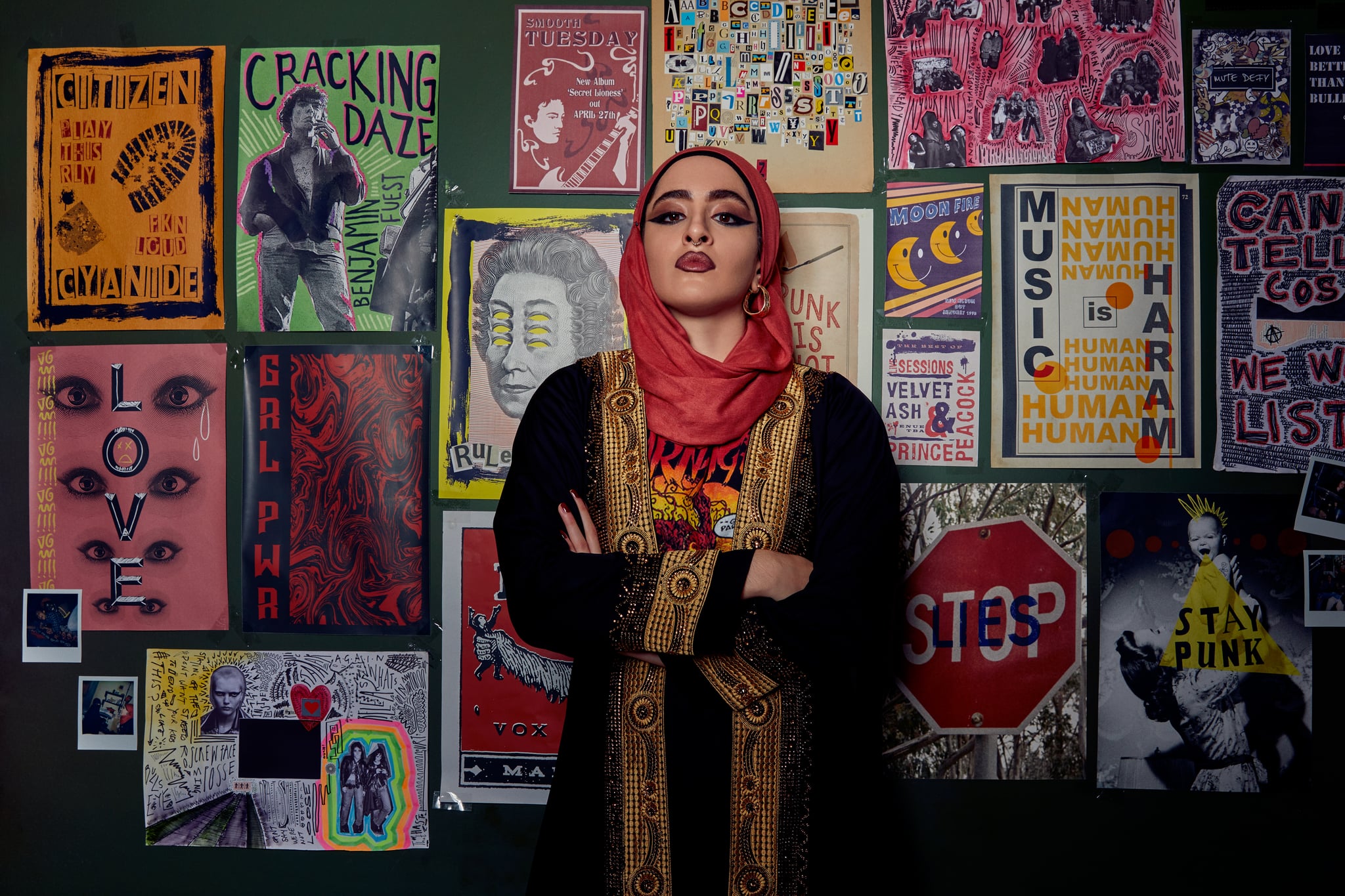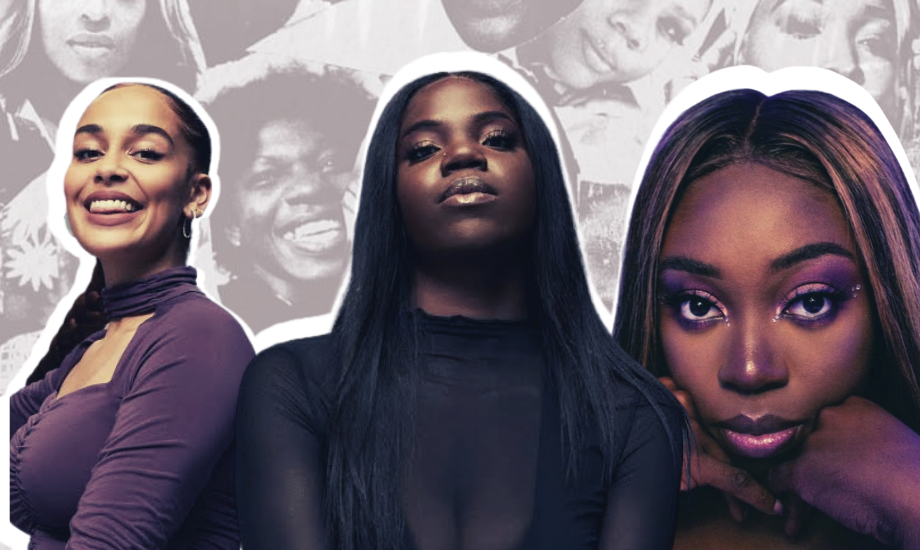
Channel 4’s The Talk failed dark-skinned black women
The show lacked depth and nuance, compounded by the fact that they chose to focus on the stories of lighter-skinned and mixed-race black women.
Nicole Adjei
07 Aug 2020
Photography via The Talk / Channel 4
“The Talk”, no, not that one. The one referred to here is the other uncomfortable conversation. The one that Black parents have with their children, to warn them about the world. About the higher chances of harm, obstacles and how to avoid pitfalls. A phenomenon that if exposed with all of its complexities, nuances and lived experiences, could expose a truth for a people that often find their fears and their traumas overlooked and under-investigated. So, when I found that The Talk would be gracing our screens courtesy of Channel 4, especially at this politically pivotal moment in time, I was glad… cautiously so.
Unfortunately, I had reason to be cautious. The Talk began, and I saw a flurry of familiar celebrity faces. But something was missing. In a conversation that was meant to centre the Black community, I did not see much of myself. Sky newscaster Gillian Joseph and her daughter were the only dark-skinned women featured in the documentary and none of the men were shown with Black partners. Leigh-Anne Pinnock and her mother, Rochelle Humes, Emeli Sandé and her sister were the overwhelming feminine voices and although they had so many powerful and informative things to say, their experiences were not accessible to me – not accessible to any dark-skinned Black woman.
“But the question still remains, why weren’t there more dark-skinned Black women involved in the making of this?”
The show felt hollow because it wasn’t acknowledged that while things are hard for these women, they also benefit from the pigmentocracy in a way that dark-skinned women cannot. So, there I sat, feeling like a minority amongst my own people. A refugee of the refugees. This is not to claim that people of mixed heritage are not Black – I’m not here to tell any human being how to identify themselves in relation to the world. But the question still remains, why weren’t there more dark-skinned Black women involved in the making of this?
It’s simple, really. Racism is not clean cut. It’s a gradient; a hierarchy. The hierarchy of racism encompasses all other forms of oppression within itself, often leaving white masculinity at the pinnacle of power. Meaning that traditional masculinity is rewarded in our society, as is proximity to whiteness. As victims of colourism, our heavily melanated sisters are frequently left last in the race.
Sadly, The Talk reinforces this. The show primarily focuses on less nuanced experiences, with a particular focus on Black men’s experiences of violent racism. With women, however, the racist issues discussed centred on desirability. As Rochelle Humes says in the documentary: “It would be those comments like ‘oh, yeah, no, you’re really pretty for a black girl'” or “you’re like you’ve got a good nose for a black girl.”
While this is important, and the human need to be desired should never be minimised, Black women have their lives threatened by racism, too. Even in the midst of a pandemic, the effects have been documented. The Covid-19 Disparities report showed that excess mortality rates were 2.8 times higher for Black women, whereas mixed-race women showed the lowest percentage in excess mortality rates.
This representation of Black women, or the erasure of dark-skinned Black women in a space that should showcase them, is nothing new in pop culture. Since the late nineties, there has been a shift, with more calls for “diversity”. But unfortunately, though we have involved and included more Black women, they have only been the women that the “masses” could find palatable. Meaning that dark-skinned women gain less opportunity for public-facing well-paid work. Beverly Knight has even spoken about the experience of being digitally lightened so that she could sell more records. “I can still look at my first album and think, it looks like me… sort of, kind of – way lighter. But that’s not what I look like,” she told ITV news in June.
“The erasure of dark-skinned Black women in a space that should showcase them is nothing new in pop culture”
Even tiresome tropes are remodelled for a new generation. One only has to look as far as Netflix, to find the “one black friend” trope, repackaged as the “quirky” light-skinned Black bestie. From The Chilling Adventures of Sabrina to Never Have I Ever, pop culture found a way to repackage Blackness to make it palatable. Leaving lighter-skinned Black women with limited choices, and darker-skinned Black edged out of the picture completely.
This toxic cocktail of misogynoir not only leaves a bad taste in our mouths, but it’s also poison. Black women not only deserve to be revered for their work, their beauty and their intelligence but we also need to expand the talk for the Black girls who will not be afforded the notion of delicate femininity and privilege due to the depth of their Blackness.
This is the reason why, for me, The Talk failed. It failed in nuance that could and create understanding for all of the people, yet the mothers, sisters and friends of Black people were ignored. For All Black Lives to Matter, we must keep them in mind – and make sure they’re seen.









